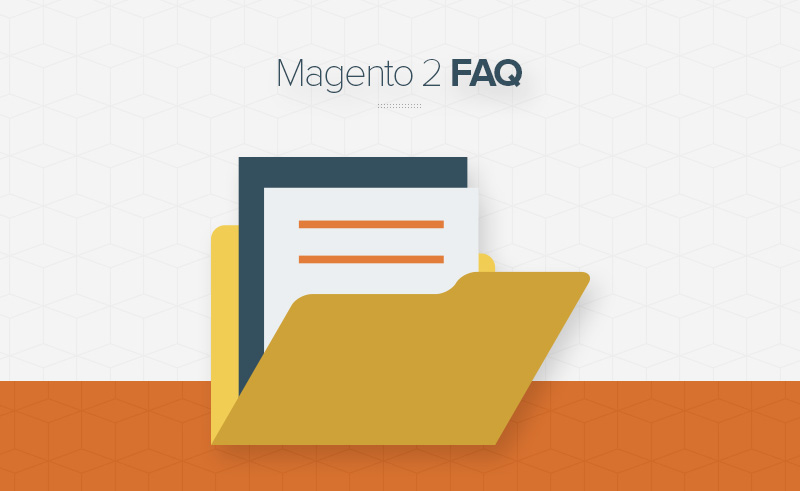Magento SEO Questions
I’ve not seen any benefits of Magento Enterprise over Community from an SEO perspective. The only thing that could arguably be considered is that EE has caching out of the box, so might be faster – but this can be achieved with CE too and is unlikely to make any difference.
I personally really like BazaarVoice, because it provides a lot of customisation options and has some really advanced functionality. That said, BazaarVoice is quite expensive and it’s subscription-based.
The default Magento module is actually quite good, although you might want to use additional module or work with your developer to get more from it.
BazaarVoice also has schema support, making it easier to get the ratings schema appearing on your product listings.
In the SEO configuration settings (catalog > search engine optimisation) you can choose whether to serve category paths in product URLs – this is the main thing you need to consider for product URLs. I would recommend using top-level product URLs (eg: domain.com/product.html rather than domain.com/category/sub-cat/product.html) as this will prevent the product being duplicated if it’s featured in more than one category.
It’s quite common for secure pages to be indexed, however they’re generally just duplicate versions of the non-secure pages, unless you’re using the https protocol across your website. The best ways around this is to either canonicalise https pages to the http equivalent or add a robots.txt file to the https version of the website and disallow certain pages or all.

